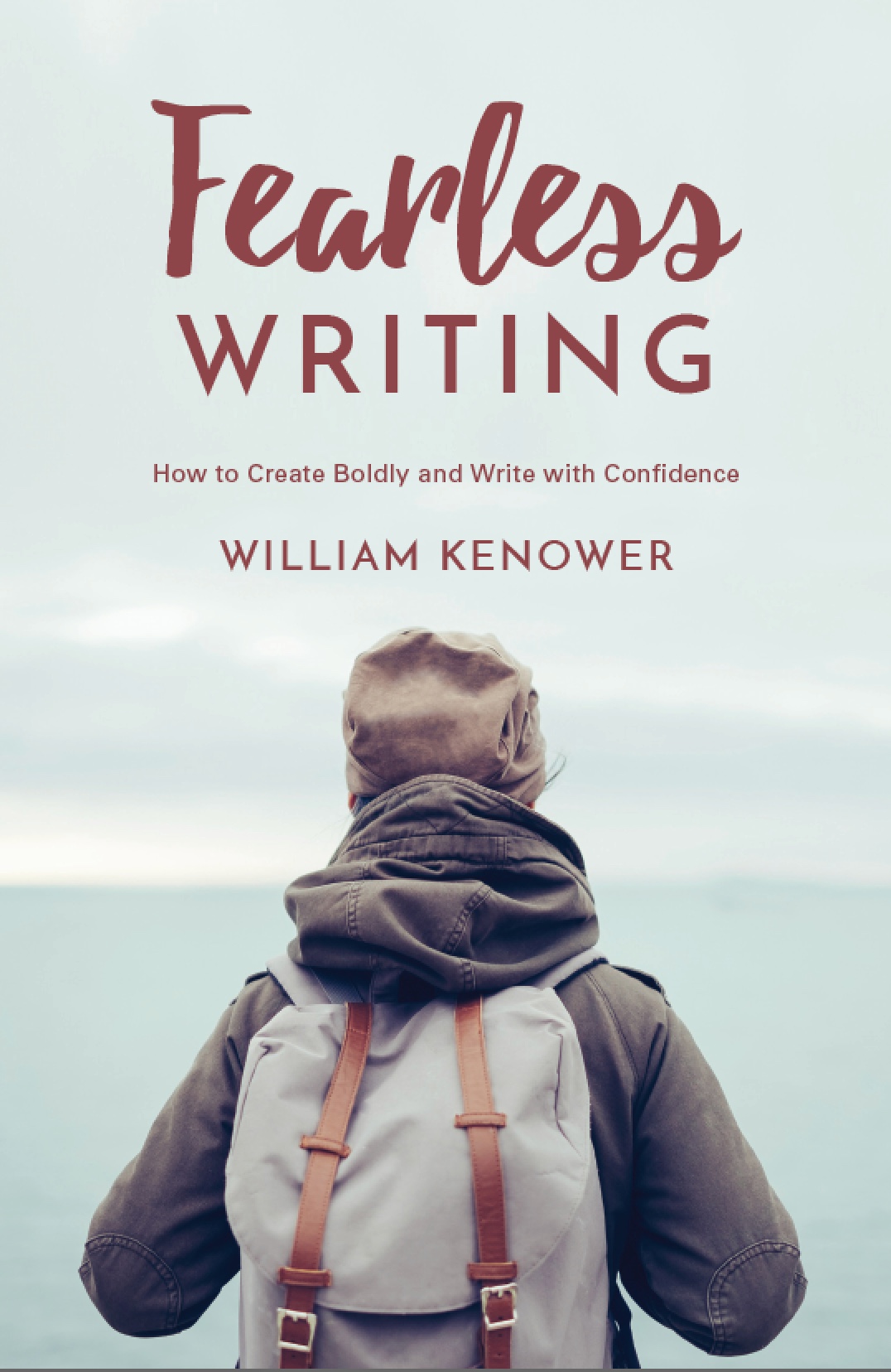Knowing
I rarely start writing with some idea burning bright in my imagination. Particularly with these essays, if I’m lucky I’ve scratched one sentence onto a legal pad to serve as a reminder about an idea that came to me the day before while I was eating lunch; just as often, I’ve got nothing. So I sit and drink coffee and stare at the blinking cursor. No – actually I don’t stare at the cursor. If I stared at the cursor, I’d never write a word unless I wanted to write about blinking cursors, which I do not. Instead, I have begun shifting my attention toward that landscape where the fires of interest burn. Usually, it’s not long before I spot one, and I’m off.
Which is why writing these essays has proven to be incredibly instructive for me. It’s one thing to be driven to the desk by a story that must be told, it’s another thing to go to that same desk voluntarily with no idea, no story, just the memory of how nice it feels to follow an interesting path. Do this often enough and you learn that the horizon is never empty; you’re just staring at the ground and seeing nothing. Lift your head and there are the flickers on the hillside. Now ask yourself, “How do I get there?”
This is a helpful practice even when I work on book-length projects. Because a book is one big idea, and because I can begin each day’s work where I left off the day before, I sometimes harbor the illusion that I don’t need to find my way again. I imagine I’m a hiker on a long journey, and I need only wake up, put on my boots, and return to the road by which I’d camped. In truth, when I leave the desk, I leave that road as I drift about my daily life. I can remember the road, I can look forward to rejoining it, but this is not the same as actually traveling it. To do so, I must begin my day’s work by finding that path again.
I think for many years I hoped that with enough experience and enough success I would no longer have to find my way. I would have arrived. It’s a strange fantasy, since a man’s who’s arrived has nowhere to go. But my fantasies were always solutions to problems that didn’t exist. I did not fully trust in what I could not see at a given moment. The blank page taught me that finding is the best form of knowing, that if I know where to look I will always know where to go.
If you like the ideas and perspectives expressed here, feel free to contact me about individual and group coaching.
Fearless Writing: How to Create Boldly and Write With Confidence.You can find William at: williamkenower.com



